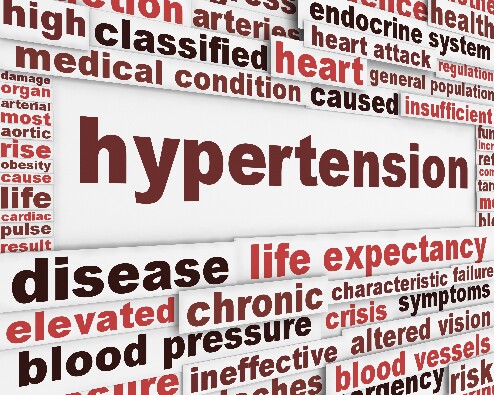
1. Do I get to choose my plan, or does my employer get to choose for me?
[Images: Shutterstock].

2. Do I have a defined benefit, or a defined contribution plan?

3. Is there a monthly premium? If so, how much?

4. What is the policy's annual individual (or family) out-of-pocket expense limit?

5. Is my current doctor or hospital part of the plan's provider network?

6. Is there a deductible? Does a deductible apply to prescription drugs?

7. Do I need additional coverage, such as dental, vision or prescription drug coverage?

8. Are you getting connected with someone who can help you manage your existing health conditions?

9. How does the plan handle visits to the emergency room?






